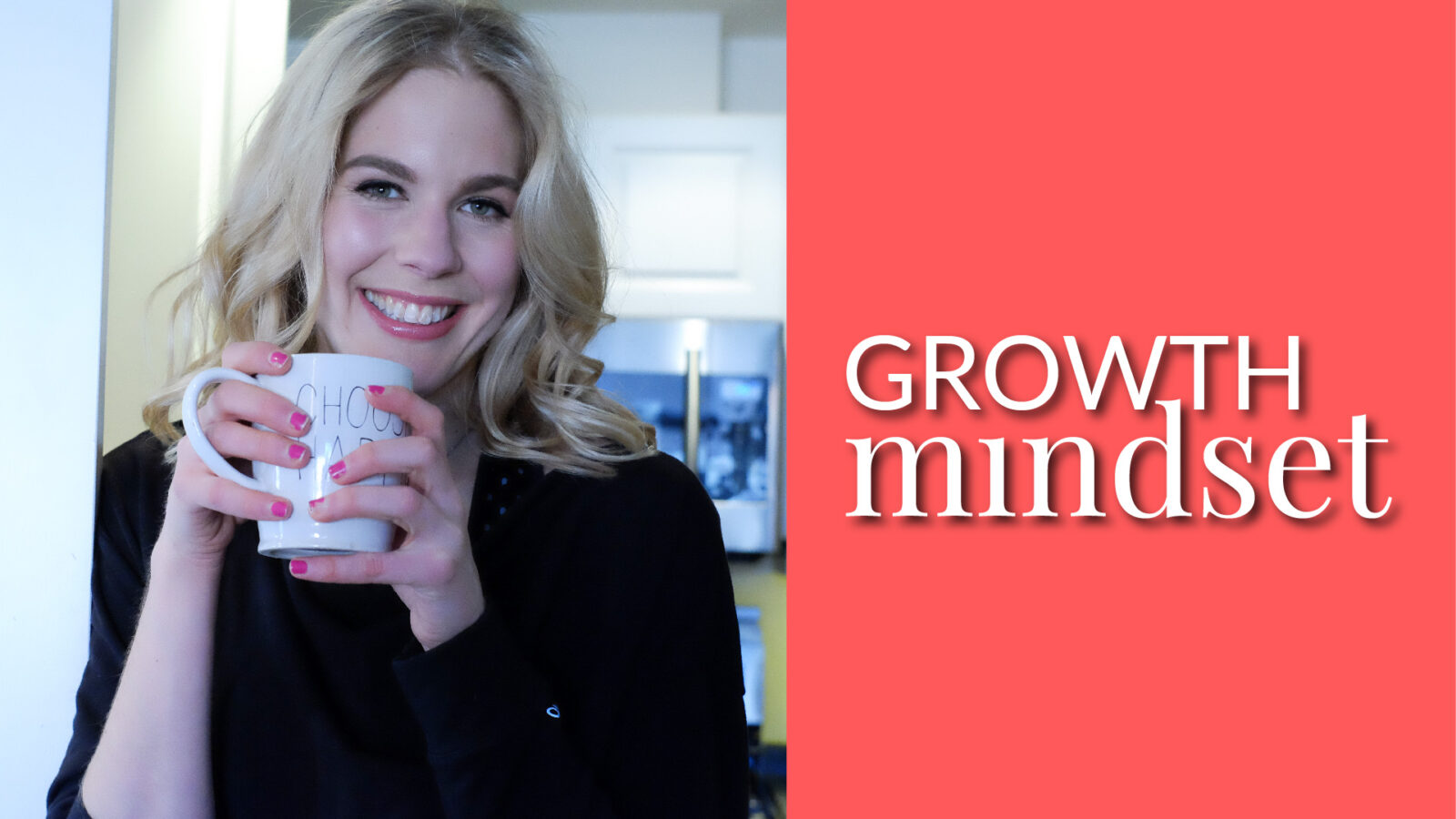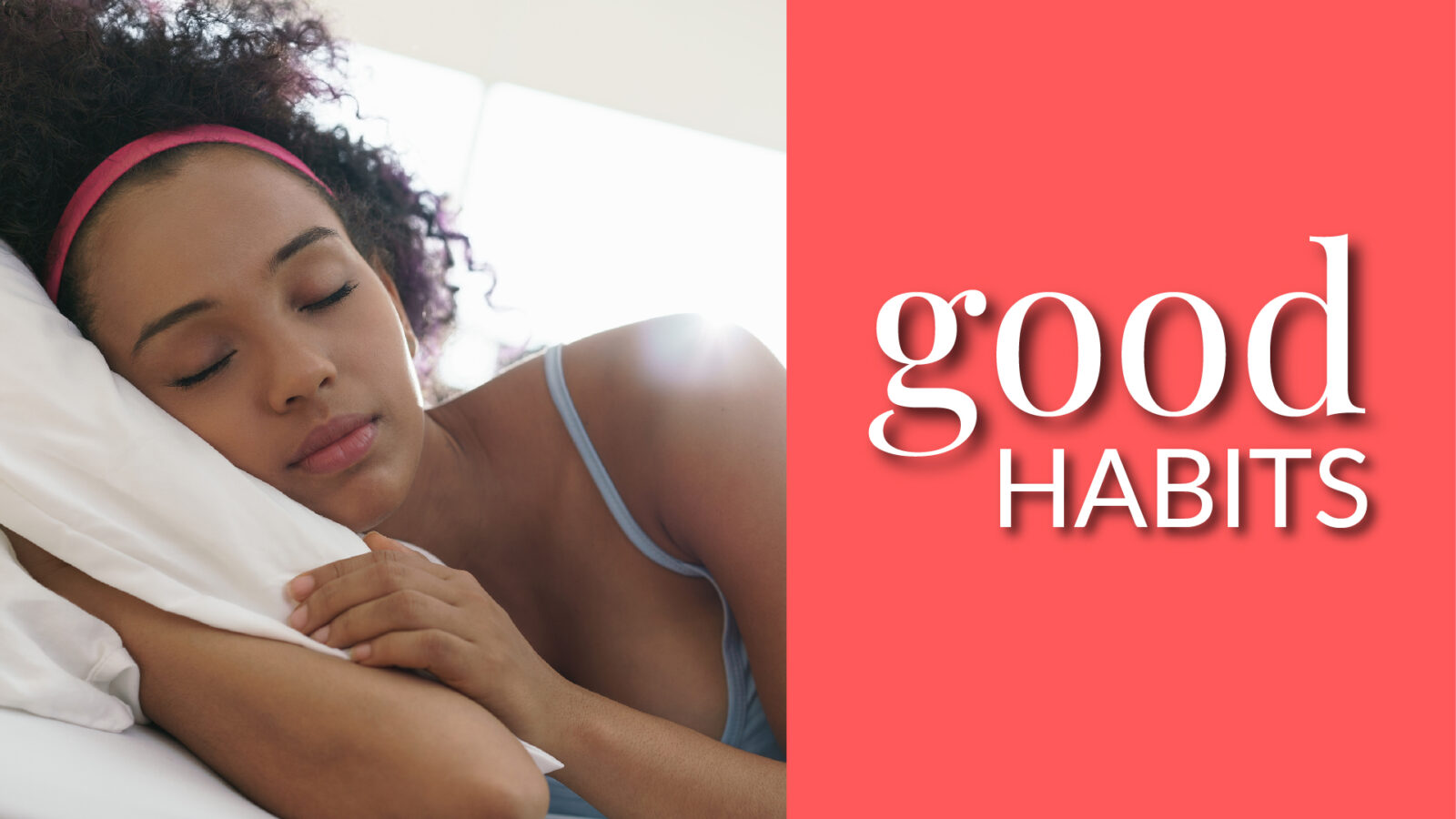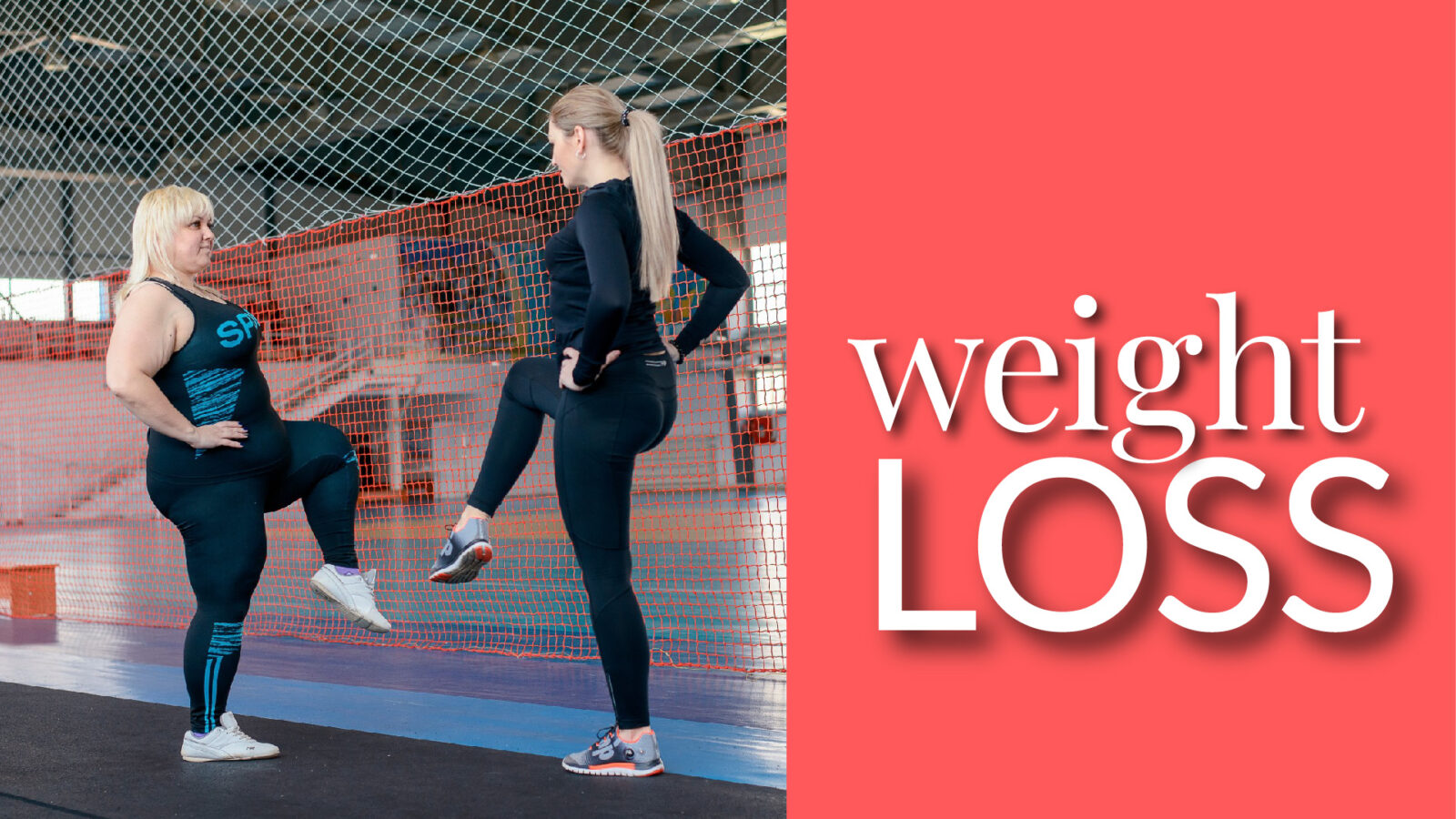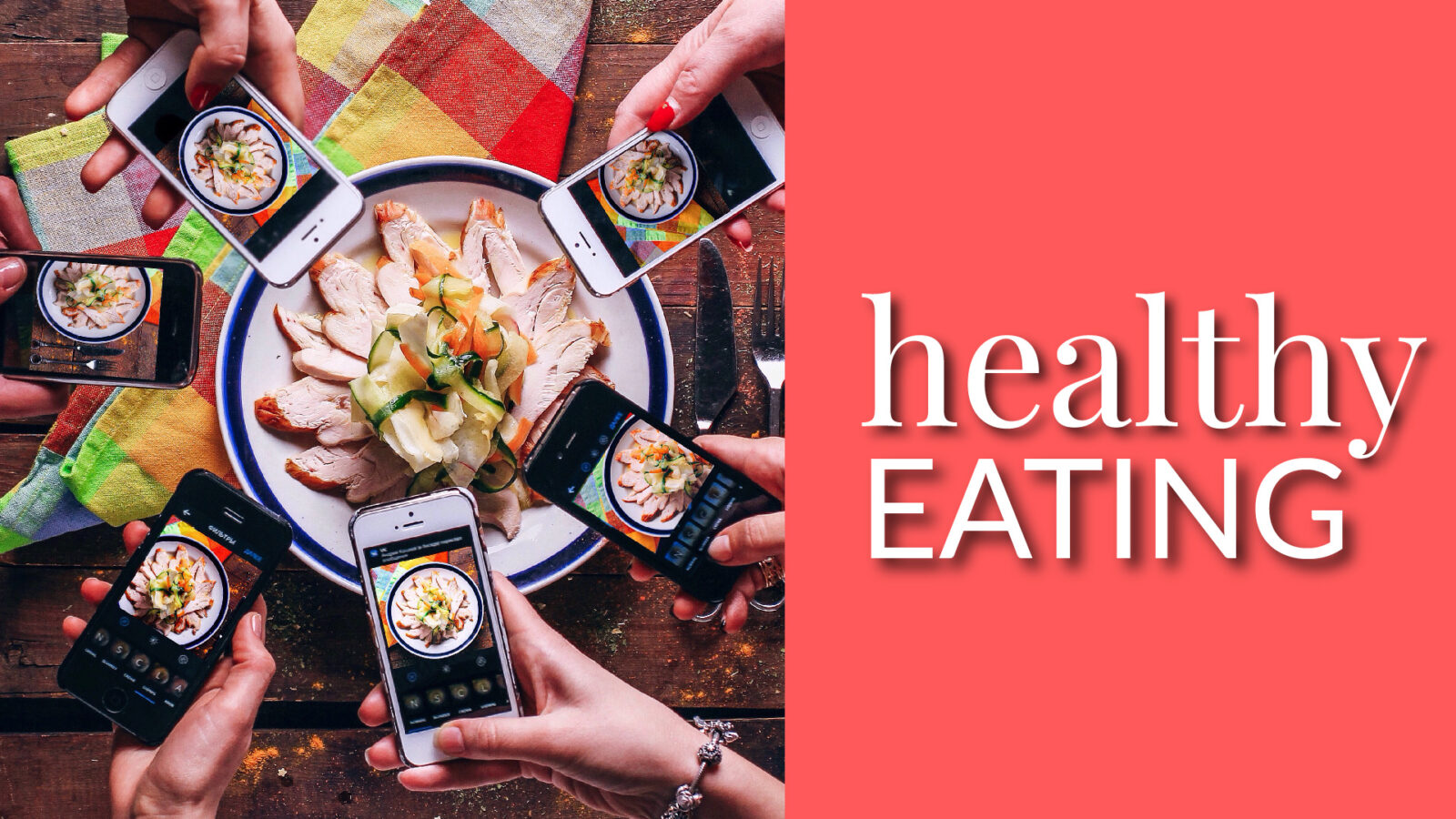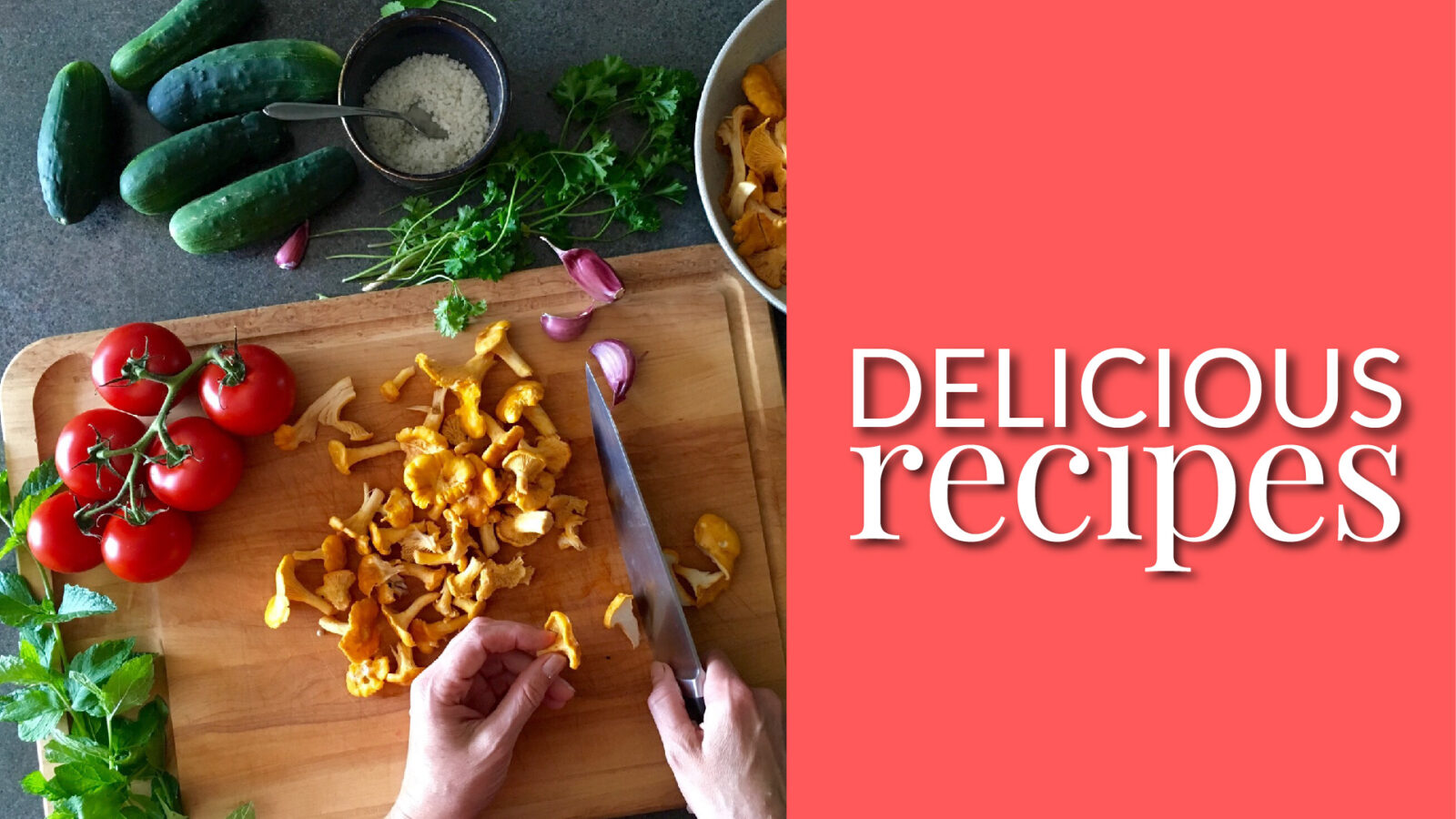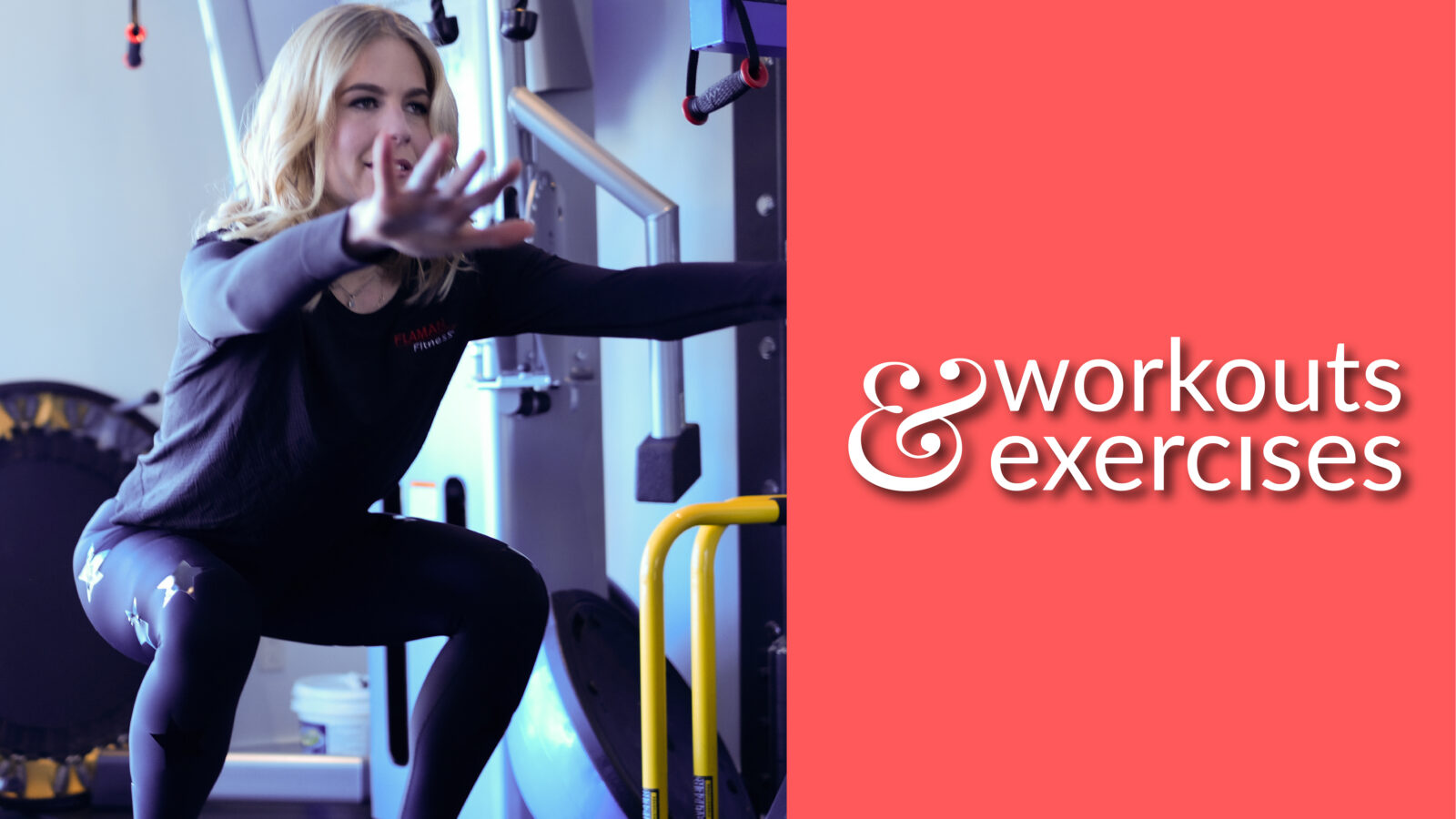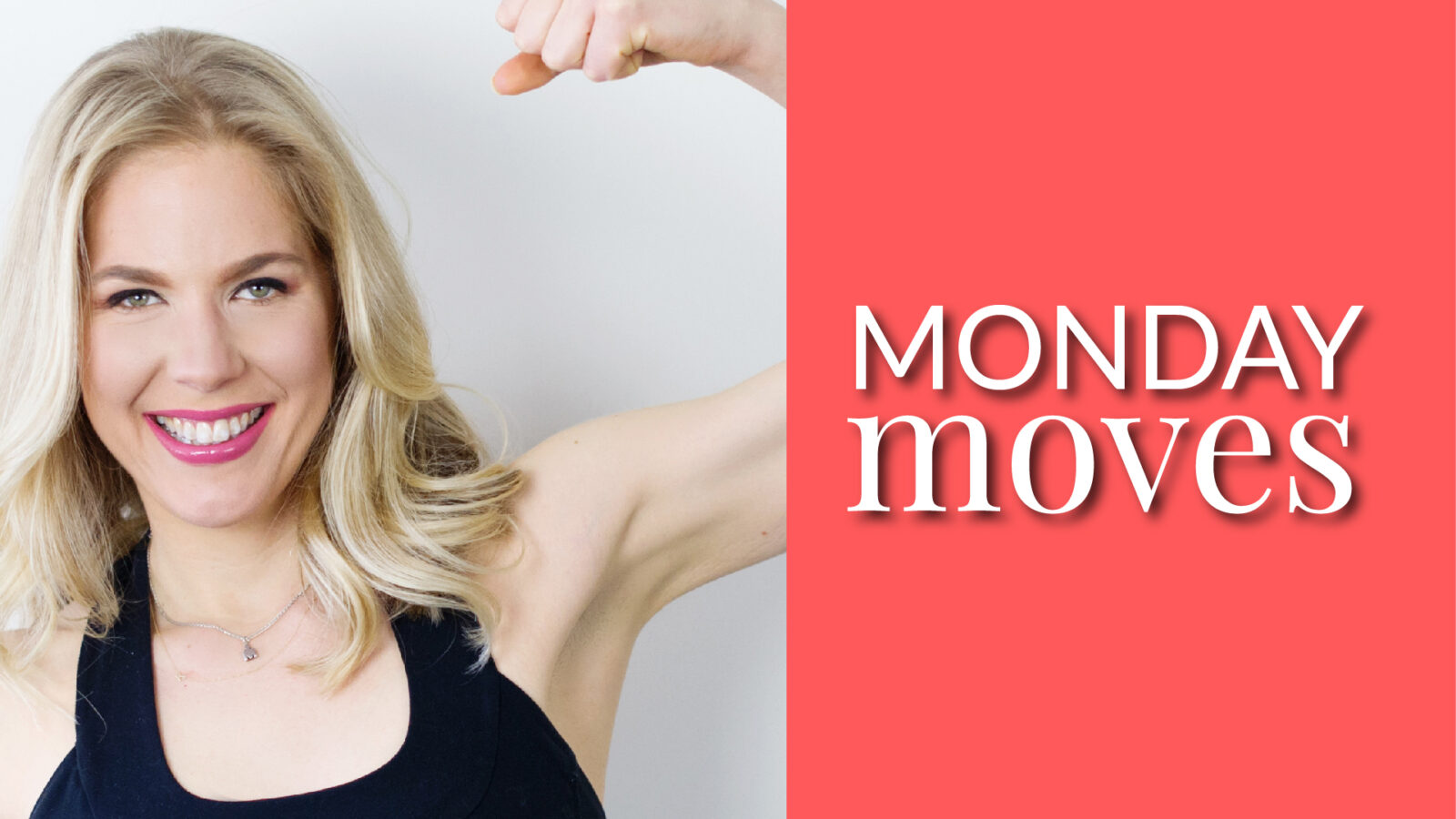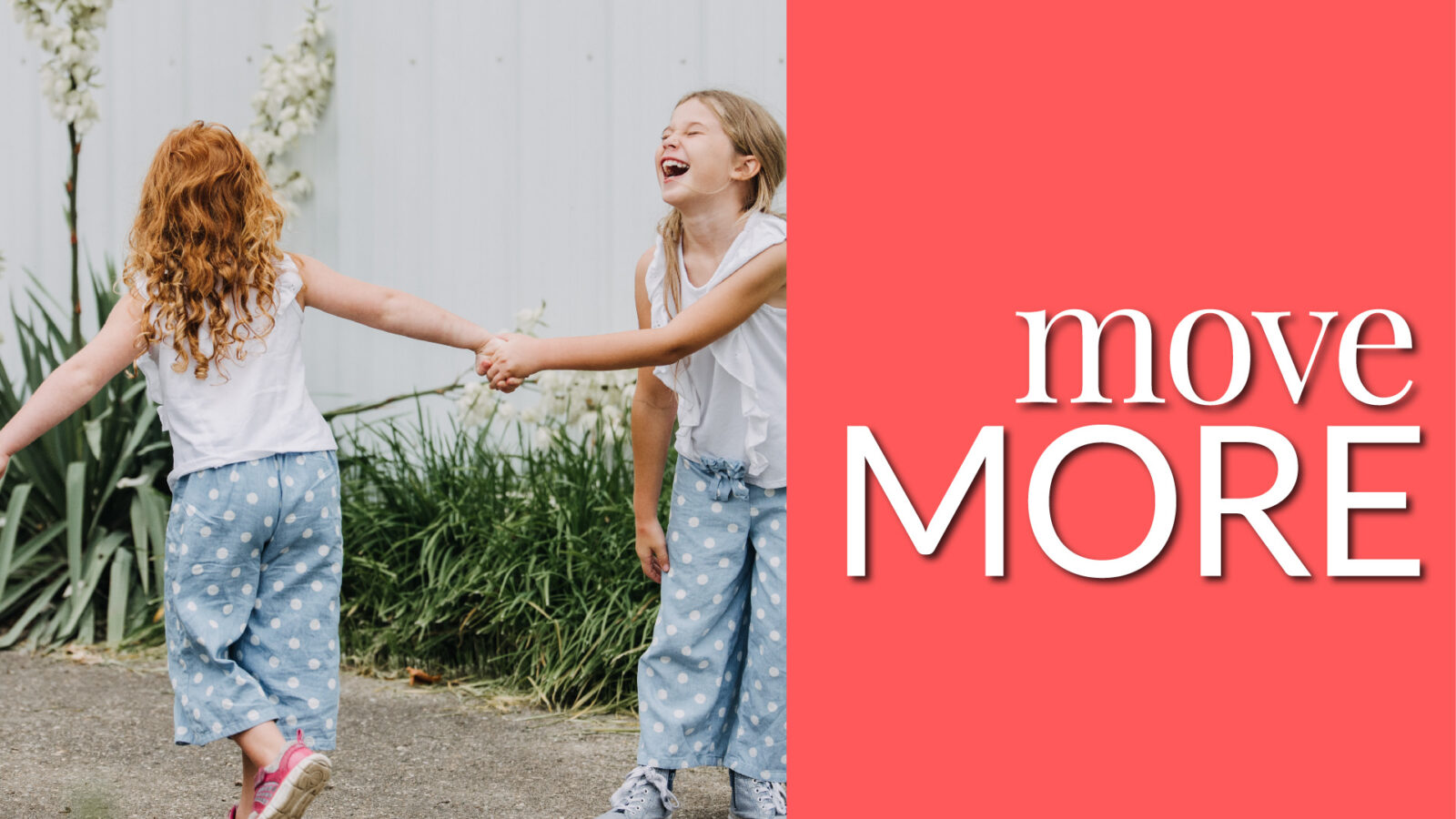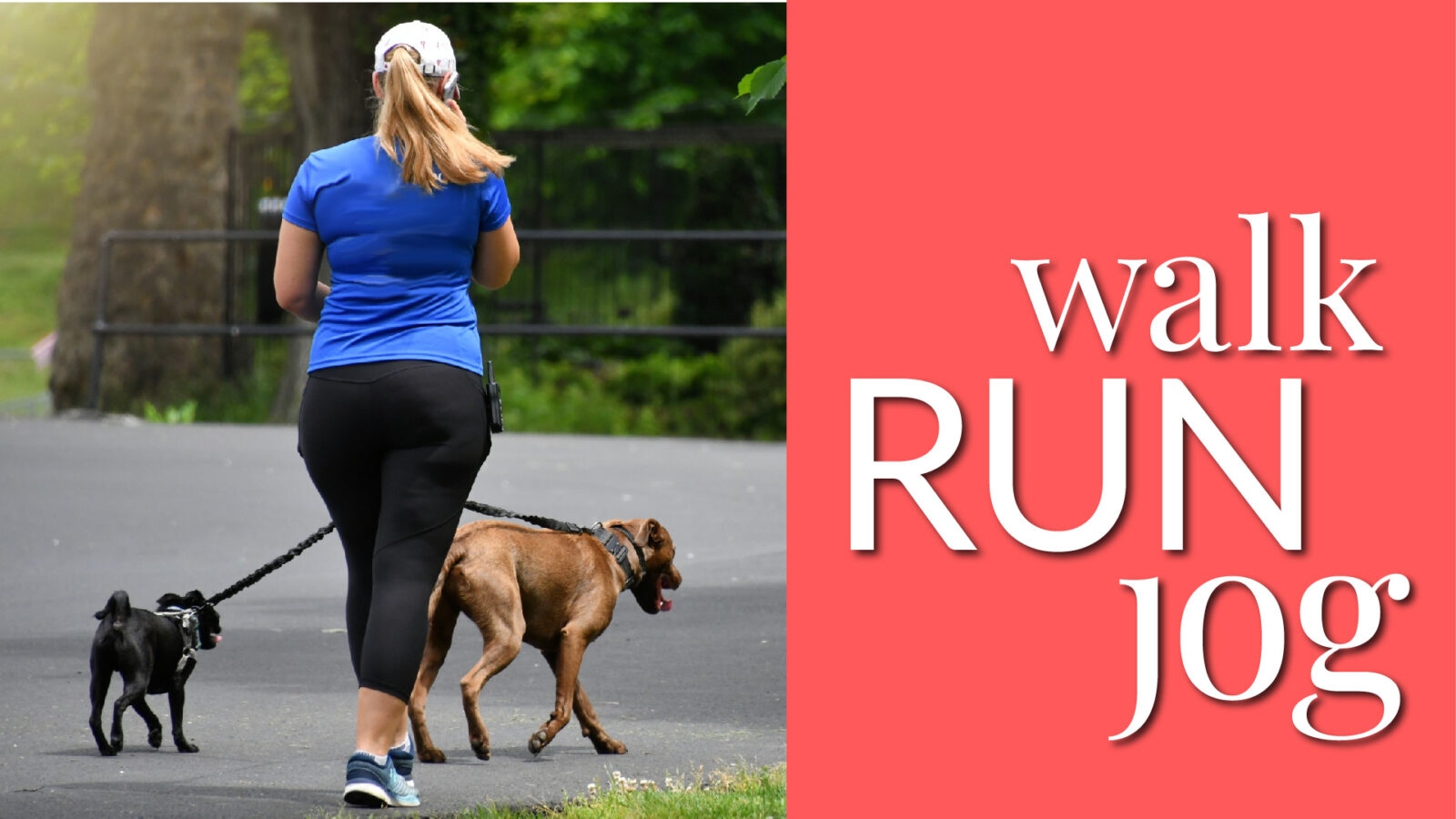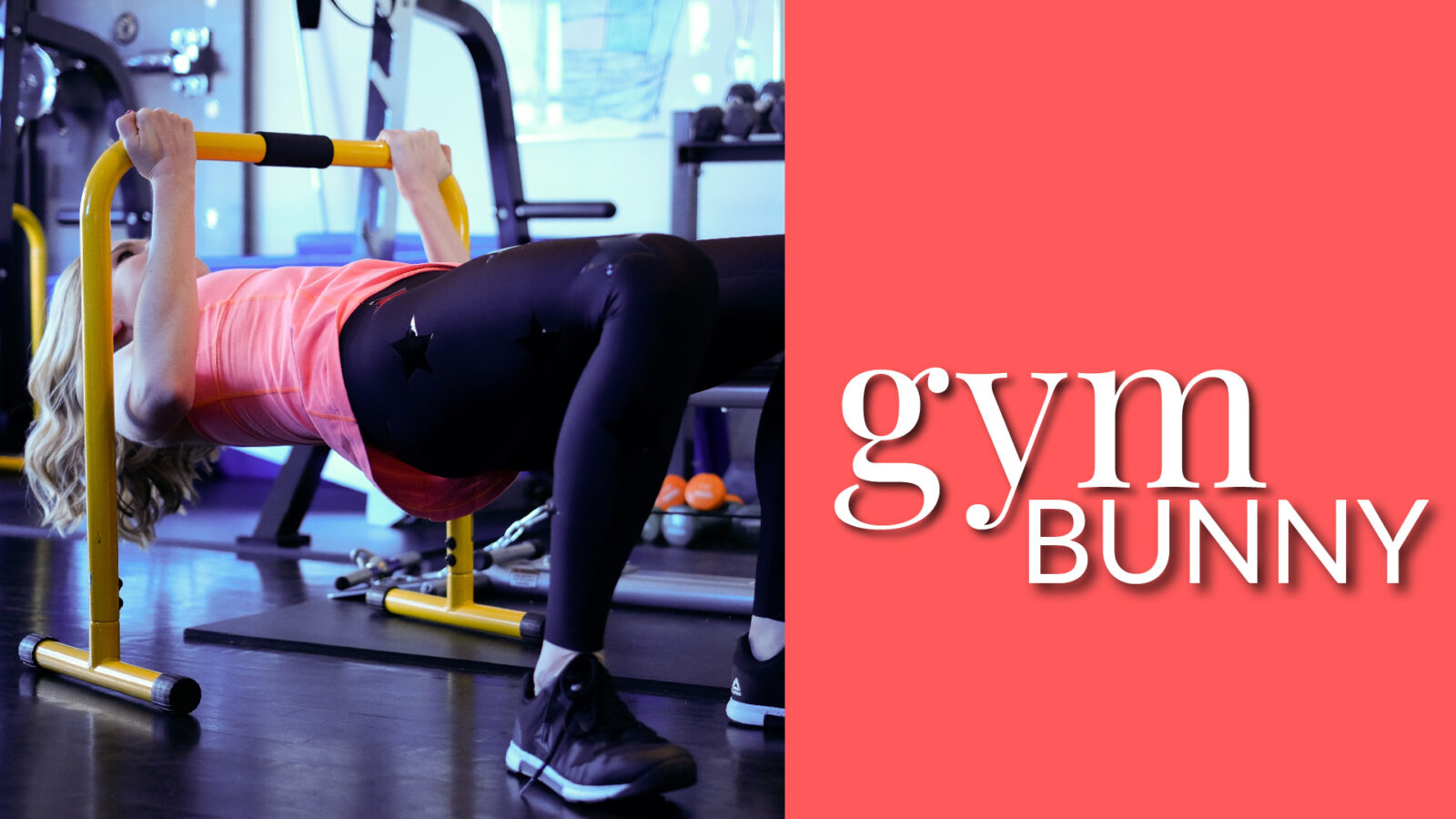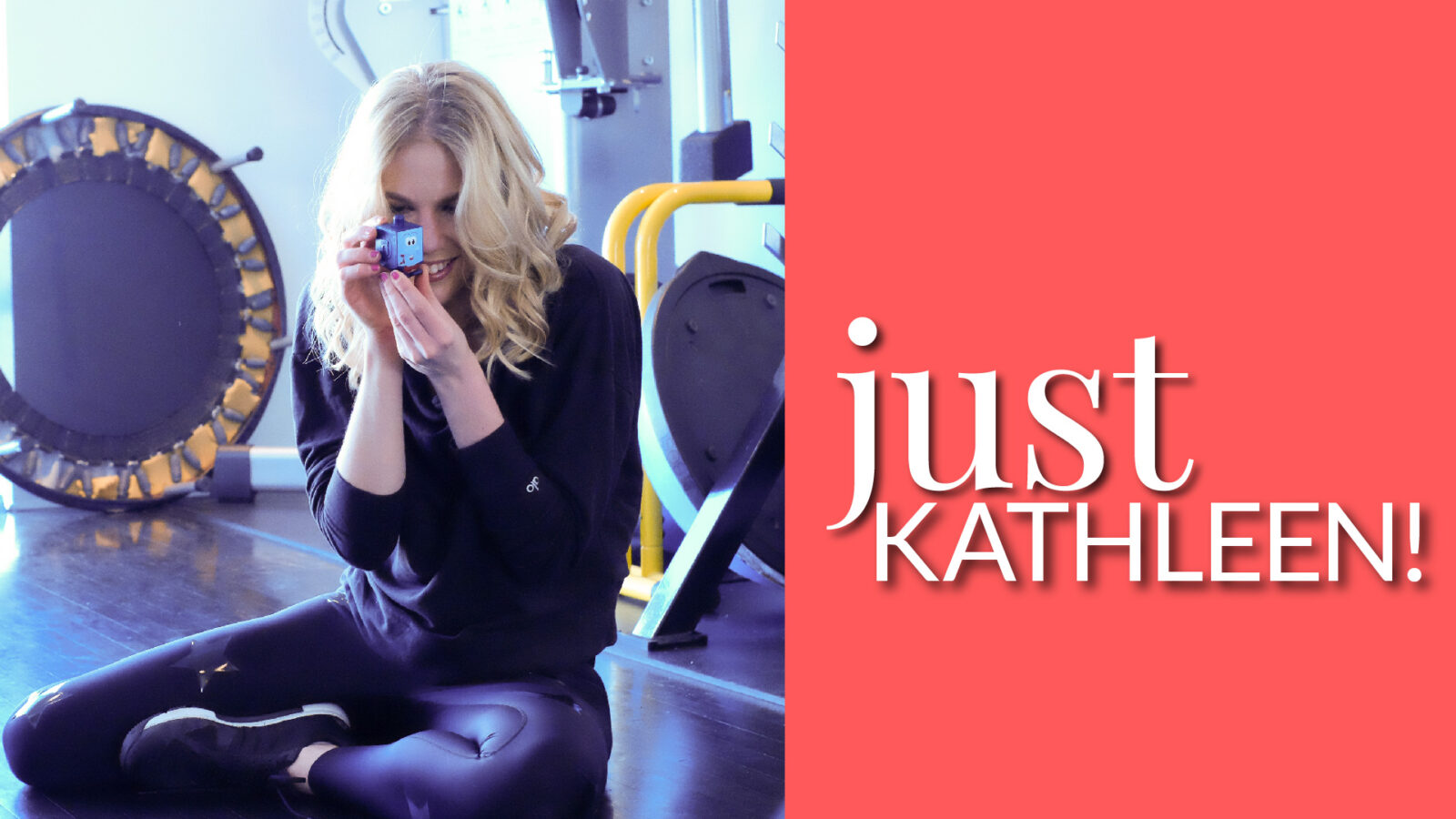Lessons Learned Through My Fitness Journey
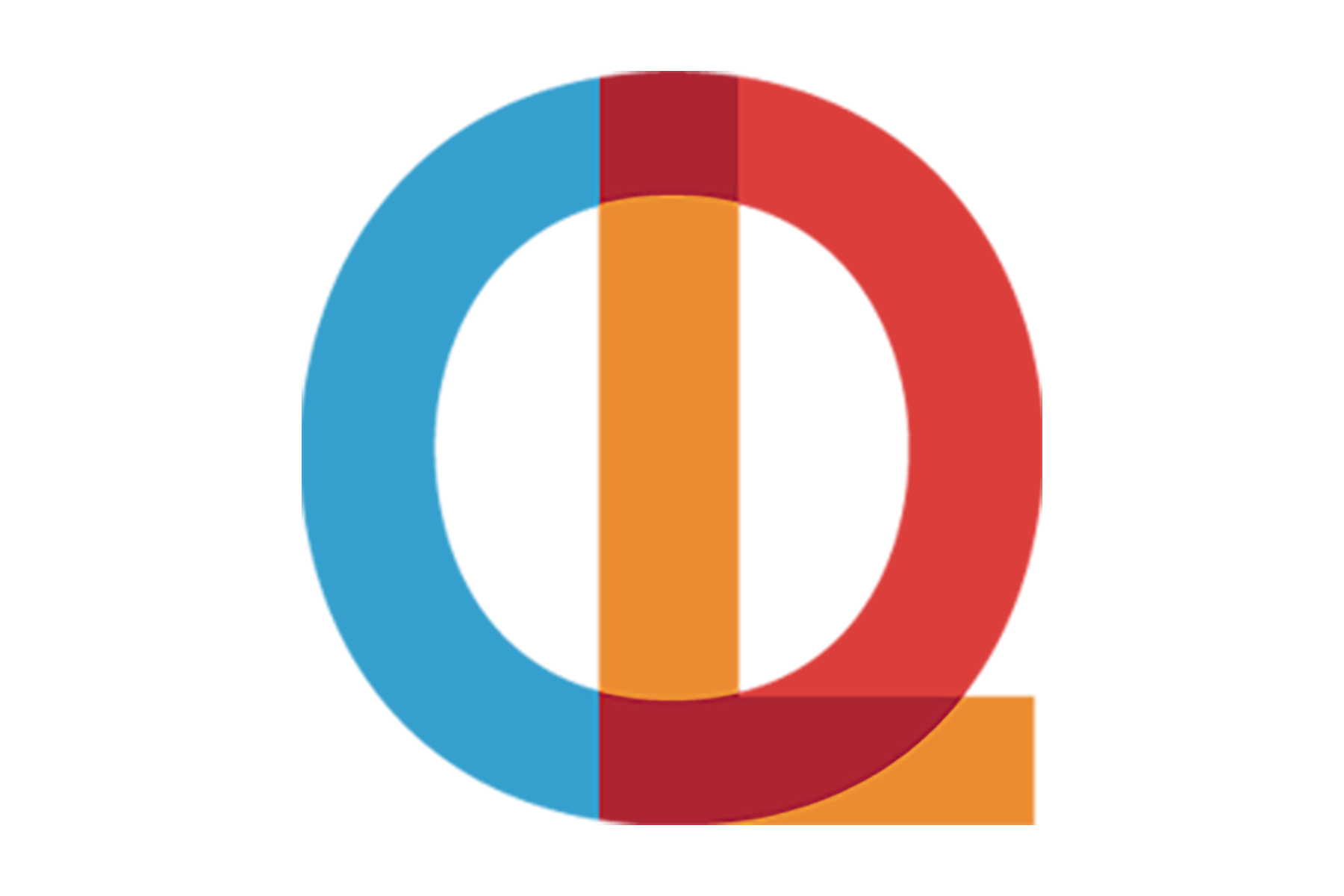
Because I am a personal trainer and the current version of me loves to run and lift weights, people assume it must mean that I have always been into health and fitness, grew up playing sports, and was born motivated.
False. Nothing could be further from the truth.
I was a chubby and awkward adolescent. I was taller and larger than everyone — including all the boys. I hated my body and had microscopic levels of self-esteem. I would do anything to get out of gym class.
I often cried or faked being sick in an attempt to get to go home. I snuck food. I used to tell my mom I wanted to walk home from school to get fresh air when, really, I just wanted to stop and buy fries at the chip wagon.
Not my proudest moments.
The Turning Point
My life began to change when my mom bought me a YMCA membership. The experience was really the nascence of the cornerstone of my fitness philosophy:
“Frame daily motion as a non-negotiable. How you are active is up to you. Match your health plan to your personality and life realities.”
I hated being active with my peers, but the demographic at the Y was mostly people under five and over 40, so I felt comfortable enough to at least go and walk on the treadmill. Walking snowballed into weights and running, which snowballed into exercise classes, which snowballed into teaching fitness classes, running marathons, and a desire to make health and wellness a life passion and career. The lesson being, don’t wait for the perfect day to become active or the “perfect” diet to start eating vegetables. Just start. Little wins spiral into bigger wins. The only moment you have control over is NOW, so get up and go for a walk or drink some water. Just do something.
Sure, I have phases where I pay less attention to my diet, but I have never reverted back to the girl who would lie to the clerk at Subway about buying a foot-long sub to “share with a friend” when really she had every intention of consuming the entire thing. I try not to feel guilt when I don’t make the best choice or let one chocolate snowball into 10 chocolates; I have one treat, not 10. When I do end up having 10 of something — it does happen — I work to understand why. Then I set up systems to save myself from my future lesser self so I don’t make the same mistake next time.
For example, I have learned I LOVE fudge ice-cream bars too much to have them in my house — I eat the entire box. So, I store a stash at my mom’s. When I want one I go there, have a visit, and enjoy one (or two) instead of the entire box.
I have been on my health journey for just over twenty years, in large part because I have developed a tool box of healthy habits and tools — including a growth mindset and resilience. That said, the truth is that the journey never becomes “easy.” One just gets better at navigating the ups and downs.
Advice for Your Fitness Journey
1. My advice to people listening is “have realistic expectations.”
Know that we ALL slip sometimes. Adopting a healthier lifestyle is not about “never falling.” It is about learning to fall less intensely and course correcting faster. Replace the goal of “health perfection” (which simply sets you up for failure because perfection is not possible) with the goal of “tending positive.” Gradually change your health norms so you have more healthy habits this week/month/year than you did last week/month/year.
2. Also, stop the “shame cycle.”
Putting yourself in a shame spiral (e.g., I ate this cookie so I am worthless and might as well eat another one) is not compassionate or productive. Learn to note the problem, learn from it, and move on. Guilt can sometimes spur some people into action. Shame is counterproductive and emotionally and physically damaging. Know the difference.
By guilt, I mean the feeling of regretting a specific action, as in saying to yourself, “I wish I hadn’t eaten that cookie.” Shame, on the other hand, is correlating making a less-than-ideal choice with being a bad person. When you fall into the shame cycle, you get into a trap of thinking, I did X; therefore, I am worthless. Feelings of worthlessness do not breed self-efficacy, positive feelings, or productive action.
3. Have a growth mindset
i.e., the ability to non-judgmentally learn from every experience. Instead of berating yourself over a regrettable choice, note what you learned from the experience. Did you overeat at a party because you felt out of place? Because you stood next to the food table? Because you were too tired? Then learn from these experiences. Get back on your health horse as a more informed rider.
4. Finally,
learn to parent yourself. Schedule your life as you would your child’s. Apply the same amount of mindfulness to your own nutrition as you would for a loved one. Talk to yourself in a way you would want your child or best friend to talk about themselves.
After almost twenty years as a trainer, I have noticed a distinct pattern. Too often there is a disconnect between what clients think is good enough for their loved ones and what is good enough for them personally. Too many people (especially mothers) can outline in detail the healthy choices they make for others but find it nearly impossible to implement the same choices for themselves. You wouldn’t expect your kids to eat food off your plate, snack before dinner, or mindlessly grab a chocolate bar at three o’clock, but that is how most parents I work with feed themselves.
Actively schedule your activities as you would your child’s too. For general health, establish routines for yourself as you would for your family. For example, create sleep, morning, and bedtime routines that support your health goals.
Life is a Marathon
The main takeaway is this: health doesn’t “just happen.”
You can’t create new habits or reach your weight loss goal overnight.
Also, hope is not a viable health strategy. Create realistic, individualized and specific goals and an appropriate action plan.
Remember that adopting a healthier lifestyle is a marathon, not a sprint. Give yourself time to develop new healthier norms. Have a growth mindset. When you fall off of your health horse get back on ASAP, and get back on a more informed rider.
Lastly, have fun. We only have one life. Find activities that you enjoy, or at least something you don’t despise doing.
Originally published at OptimalivingDaily

